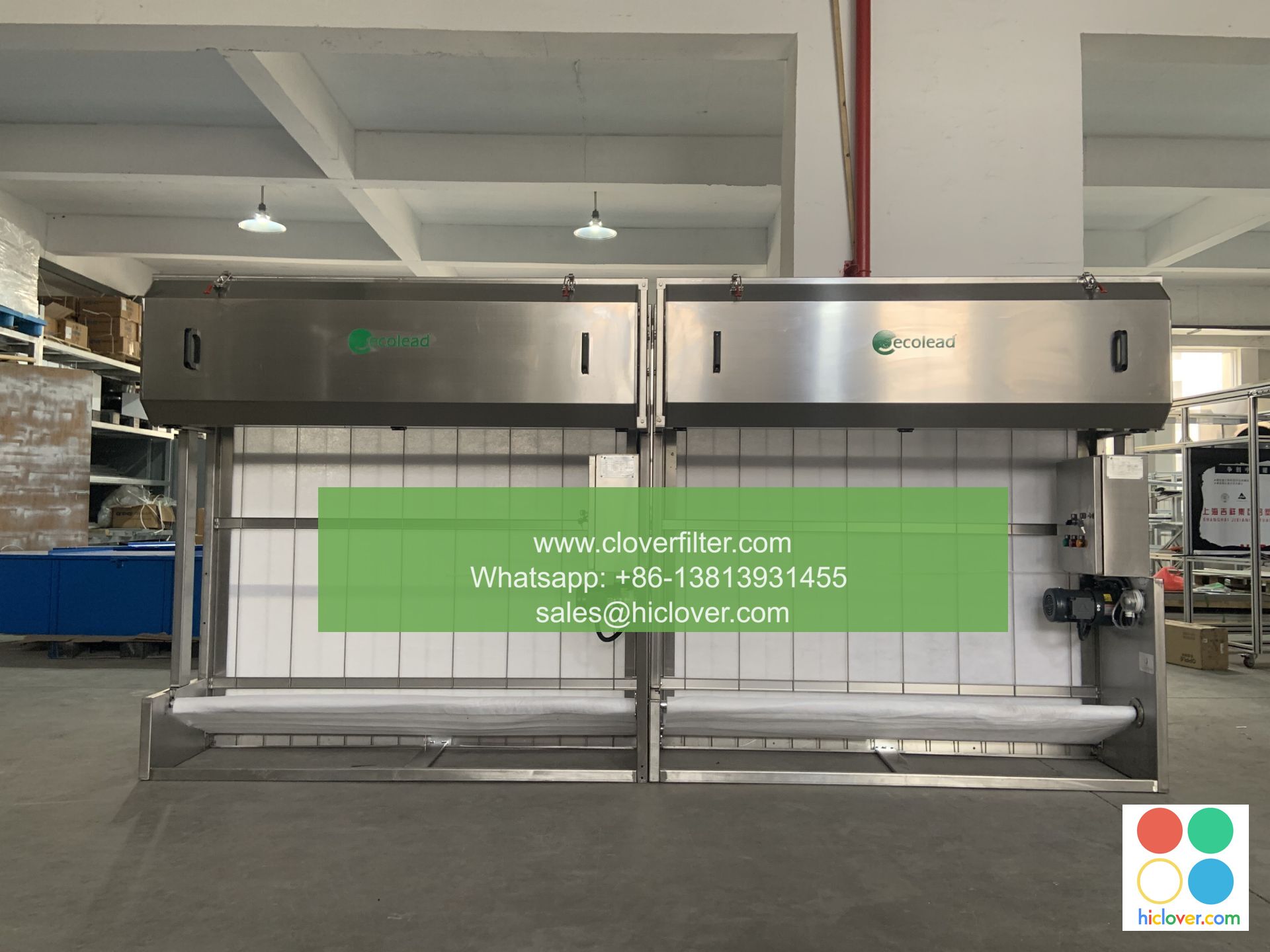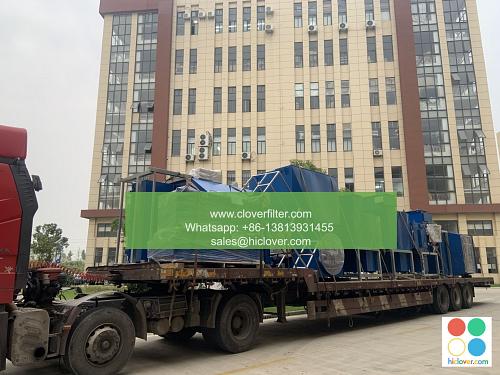How Air Filters Affect Energy Consumption in Commercial Buildings

How Air Filters Affect Energy Consumption in Commercial Buildings: A Review of the Impact, Benefits, and Best Practices
Introduction
As energy efficiency has become a top priority in commercial buildings, various measures are being implemented to reduce energy consumption and environmental impact. One often-overlooked but crucial aspect of energy efficiency is the impact of air filters on energy consumption. In this article, we will explore the effects of air filters on energy consumption in commercial buildings, the benefits of using high-efficiency air filters, and highlight best practices for implementation.
The Impact of Air Filters on Energy Consumption
Air filters play a crucial role in maintaining indoor air quality (IAQ) by removing contaminants, allergens, and pollutants from the air. While they may be an essential component of a building’s HVAC system, their impact on energy consumption is often overlooked. Studies have shown that the type and quality of air filters used in commercial buildings can have a significant effect on energy consumption.
Benefits of Using High-Efficiency Air Filters
High-efficiency air filters can have a direct impact on energy consumption by:
- Reducing the load on HVAC systems: High-efficiency air filters can reduce the amount of energy required to operate HVAC systems by decreasing the amount of air that needs to be heated or cooled.
- Improving system efficiency: By reducing the amount of air pollution, high-efficiency air filters can improve the efficiency of HVAC systems, leading to lower energy consumption.
- Reducing the need for frequent filter replacements: High-efficiency air filters can last longer, reducing the need for frequent replacements and associated labor costs.
Best Practices for Implementing High-Efficiency Air Filters
To reap the benefits of high-efficiency air filters, businesses should consider the following best practices:
- Conduct an IAQ assessment: Conduct a thorough assessment of the building’s indoor air quality to identify potential issues and prioritize filter upgrades.
- Choose the right filter for the job: Select filters that are designed for the specific type of HVAC system and building requirements.
- Install filters in high-traffic areas: Target high-traffic areas, such as lobbies, hallways, and conference rooms, with high-efficiency air filters to maximize benefits.
- Monitor and maintain filters: Regularly inspect and maintain air filters to ensure optimal performance and extend their lifespan.
Case Studies and Examples
Several case studies have demonstrated the benefits of using high-efficiency air filters in commercial buildings. For example, a study by the U.S. Department of Energy found that switching from traditional fiberglass filters to high-efficiency pleated filters in a large office building reduced energy consumption by 15%.
Conclusion
Air filters may seem like a small but important component of a building’s HVAC system, but their impact on energy consumption cannot be overstated. By implementing high-efficiency air filters, commercial buildings can reduce energy consumption, improve indoor air quality, and increase operational efficiency. By following best practices and considering the benefits of high-efficiency air filters, businesses can make a significant impact on the environment while also reducing energy costs.
It looks like you didn’t provide a prompt! What’s on your mind? Do you have a specific question, topic, or task you’d like to discuss? I’m here to help!

